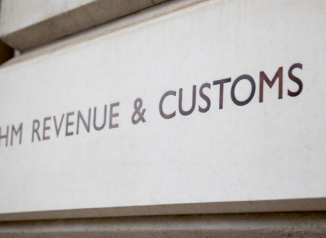
UK international hauliers and their customers could face a two-tier UK customs system, post-Brexit, which will prioritise larger importers, leaving smaller importers and their logistics partners facing slower customs clearance and higher prices.
The warning comes from Sam Tyagi, founder and chief executive of customs clearance platform KlearNow.
It follows a survey commissioned by the company which found that 45% of logistics workers believe the UK's customs infrastructure will struggle with the increased import and export paperwork.
Tyagi said: “It’s abundantly obvious that as of right now, there simply aren’t enough staff employed at UK borders to handle the increase in workload brought about by Brexit.
“Our fear is that this will quickly lead to a two-tier system whereby larger importers spending more money on landing their goods are prioritised at the expense of smaller business and their customers.
“Non-UK businesses are already declaring their intention to stop importing to the UK as they discover the extra cost and workload required to land their goods.
“It is simply not going to be viable for a lot of smaller and medium sized businesses to land their goods in the UK.
He added: “Without the rapid implementation of technology to make customs clearance easier, faster and cheaper, this trend will continue and UK consumers will suffer as a result.
The KlearNow survey of 1,177 logistics staff found that just over half (51%) of UK logistics workers expect Brexit to make their jobs more difficult, with six in ten concerned for the mental health of themselves and colleagues.
The results also showed that 31% of logistics workers believe poor customs infrastructure will have an adverse effect on consumers with 45% forecasting customs delays created by increased import and export paperwork.
Some 31% of respondents said UK businesses are insufficiently prepared for post-Brexit trading with 82% of the view that government's messaging to businesses has been neither clear nor helpful.
More than a quarter (28%) fear they will suffer as a result of poor customs infrastructure while 15% said it is “unacceptable” for a nation like the UK to have a customs system that still relies on manual data entry processes.
Tyagi added: “Customs clearance is the most outdated and high friction part of the global supply chain. A lot of customs entries are still completed with pen and paper.
“This is unacceptable for such an integral cog in the global supply chain system.”













